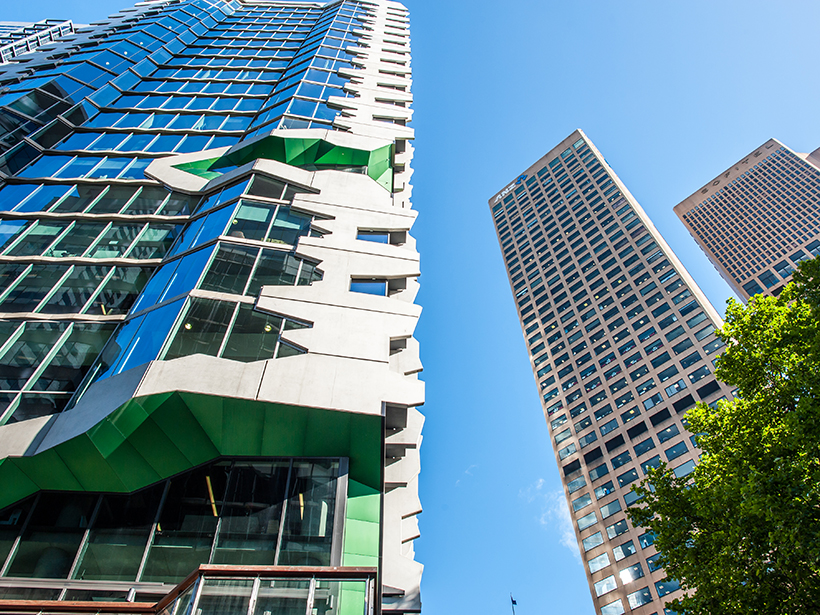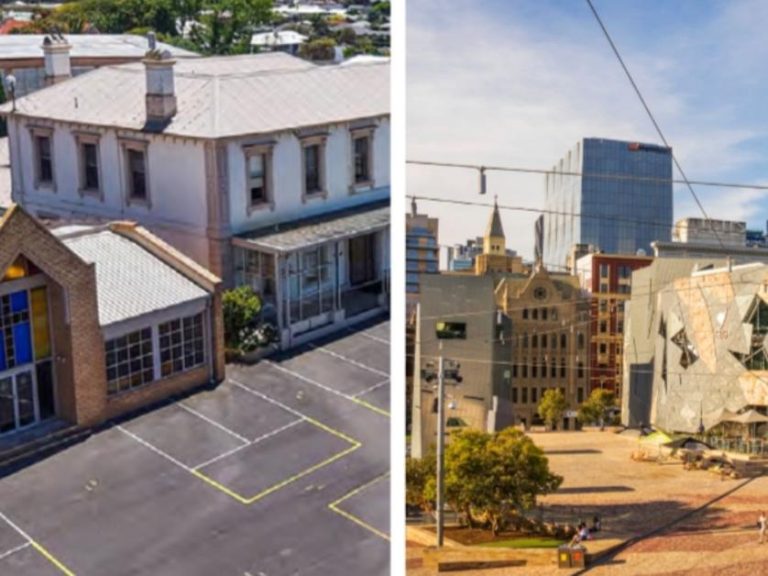Commercial property sentiment skyrockets: survey

Sentiment towards the office market is soaring, with property industry participants expecting office property to continue to provide the best income returns over the next one to two years, according to the NAB Commercial Property Survey for the first quarter.
Tightening office vacancy rates in NSW and Victoria are tipped to continue, although higher vacancy rates and significant oversupply in Western Australia is set to keep rental growth weak in the mining-affected state.
Office rents rose 2.3% in NSW and 1.3% in Victoria in the quarter, and fell 1.8% in Western Australia, South Australia and the Northern Territory.
Commercial Insights: Subscribe to receive the latest news and updates
Overall sentiment in the commercial property market reached a new high in the quarter, lifting six points to a reading of +27, the survey of about 250 real estate agents, developers, fund managers and investors found.
The increase was due to much higher sentiment in the office space and a modest improvement in industrial, while retail property was steady and CBD hotels fell but remained at solid levels.
Higher vacancy rates and significant oversupply in Western Australia is set to keep rental growth weak in the mining-affected state
Prospects for capital growth over the next one to two years improved for CBD hotels, office and industrial, but were steady for retail.
“Household consumption continues to slow to a moderate pace across most states and territories,” NAB group chief economist Alan Oster says.
Sentiment is highest in NSW, followed by Victoria, and rallied in Western Australia, but remains weaker in South Australia, the Northern Territory and Queensland.
A little over half of the developers surveyed expect to start new projects in the next six months.
Funding conditions are now seen as harder than at any time since the last quarter of 2011 and are expected to become tougher in the next six to 12 months.






